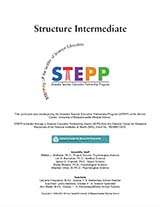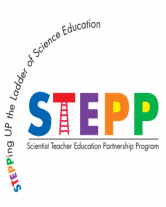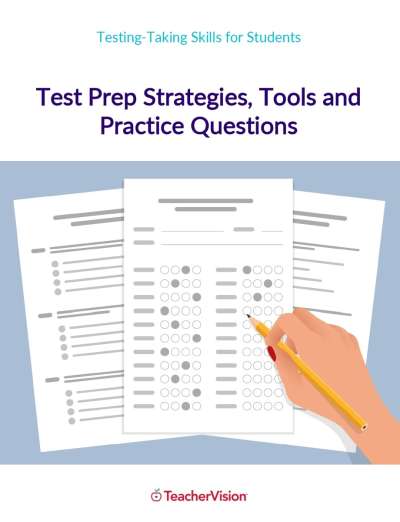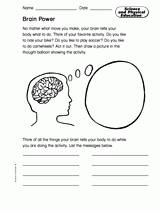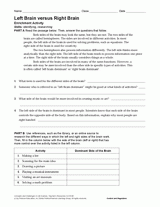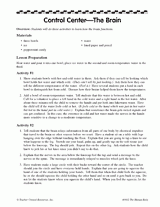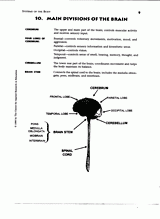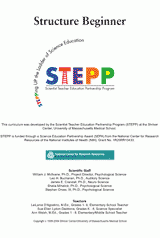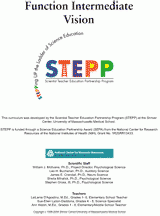Geography of the Brain
Scientist Teacher Education Partnership Program
Scientist Teacher Education Partnership Program (STEPP)
Brain Science Curriculum
Grades 3 and 4
Brain Science Curriculum
Grades 5 and 6
Scientists at the Shriver Center, University of Massachusetts Medical School in Waltham, Massachusetts, in collaboration with local elementary school educators and administrators have developed a neurobehavioral science education curriculum for use with children in grades 3-6. The Scientist Teacher Education Partnership Program (STEPP) began in 1998 through a grant funded by the Science Education Partnership Awards (SEPA) program of the Division of Clinical Research of the National Center for Research Resources (NCRR/NIH).
The goal of the STEPP project is to enhance science literacy by providing elementary and middle school students with innovative learning experiences that will establish the foundation for broad, socially connected understanding of how the brain works and how brain functioning relates to behavior. In designing the curriculum we have taken advantage of the environment and resources of the Shriver Center, a center of interdisciplinary scientific research training, and clinical service.
Funding provided by NIH-NCRR, Grant # 1R25RR13433, the Eunice Kennedy Shriver Center, University of Massachusetts Medical School and private donors.
© Shriver Center, University of Massachusetts Medical School, 2005.

